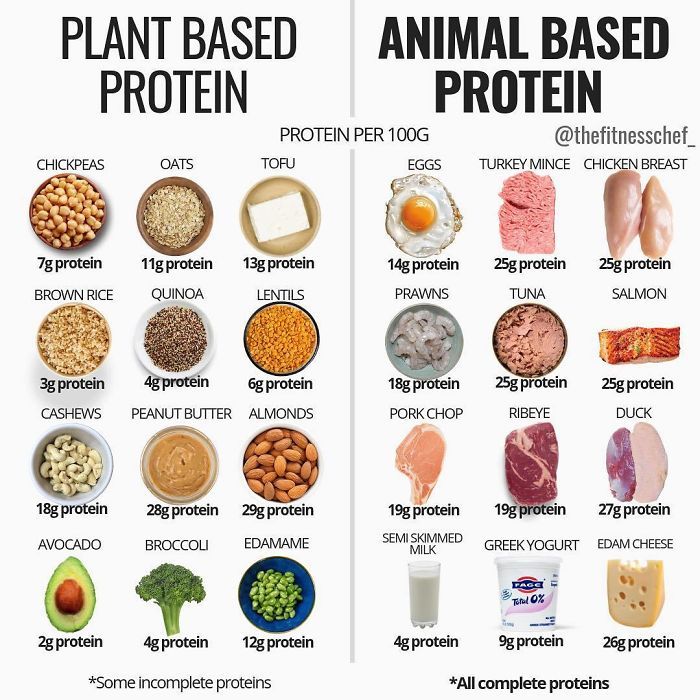Protein
Protein is an essential macronutrient, it has a range of uses in the human body such as providing structure for growth, repair, supporting immune activity and transporting across cell membranes. It can be found in muscle, bone, skin, hair and in every other body part or tissue. At least 10,000 different proteins make you what you are today.
Protein is made from twenty-plus basic building blocks called amino acids. Because we don’t store amino acids, our bodies make them in two different ways: either from scratch, or by modifying others. Nine amino acids—histidine, isoleucine, leucine, lysine, methionine, phenylalanine, threonine, tryptophan, and valine—known as the essential amino acids, must come from food.
In addition to playing a role as the building blocks of protein in the human body, amino acids have multiple other uses within the body, including in metabolic processes such as the urea cycle. Proteins come in a variety of shapes and sizes and are divided into two categories:
Complete and Incomplete.
Incomplete Proteins: If the protein you eat doesn't have all 9 types of every essential amino acid you need from food, then it’s called an Incomplete Protein source.
Examples:
- Nuts & Seeds
-Whole-grains (brown rice or whole-grain breads)
-Vegetables
-Legumes
Complete proteins on the other hand contain every essential amino acid the body needs.
Examples:
-Fish
-Poultry
-Dairy products (milk, cheese, yoghurt)
-Beef or Pork
-Soy products (edamame & tofu)
***
Protein and Exercise:
It doesn't matter what type of exercise you do; you will need extra protein in your diet. The reason for this is when you exercise you are tearing and breaking your muscle fibers, for your fibers to repair themselves they require protein. It is important to consume protein after you work out to repair your damaged muscle fibers, often we notice people in the gym consuming protein shakes or bars directly after their sessions, therefore. It helps increase their exercise and prioritize muscle growth. Note, it is advised that you consume your protein with a carbohydrate source to help absorb the protein better and turn it into muscle mass.
Side effects of not enough protein during a workout would be low energy, not recovering and your body not building any muscle mass. This is a sign that you need to increase your protein intake.
How much should I be having:
When deciding appropriate protein consumption there are multiple factors to consider such as, athletic status, body re-composition goals and whether targets relate to weight loss or muscle hypertrophy. (Muscle growth)
According to the National Academy of Medicine (NAM) the recommended minimum daily protein intake for the healthy average adult is 0.8g per kilogram of body mass. For example, a 140-pound person would require at least 50g of protein in their diet per day.
However, this equates to the minimum requirement and should therefore be increased for active individuals, otherwise they risk dropping into a protein deficiency. Therefore, individuals that participate in high-intensity or regular exercise should increase daily protein intake to maintain a positive muscle protein balance. For example, protein may be increased to 1.6-2.0g per kilogram of body mass, whereby an individual who is 150lbs should consume anywhere between 110 to 135 grams of protein per day.
Historically it was believed that 1 gram of protein per body mass equated to the ideal amount of protein intake, and for most healthy adults 1g per kg per body mass has proven to yield results.
Overall, whatever the goals protein intake needs to be part of a healthy diet as other macronutrients can influence how protein is used.
*Please consult your dotor or nutritionist before changing anything in your diet.
Examples of Protein Sources:

***
*DISCLAIMER: Please consult your GP before making any changes to your diet, this page is just information to help assist and give you some basic nutrition knowledge.
Reference:
1. Harvard T.H Chan, School of Public Health
2. Eattrek.com
3. ISSA Nutritional Textbook - US
4. Nourish WebMD



